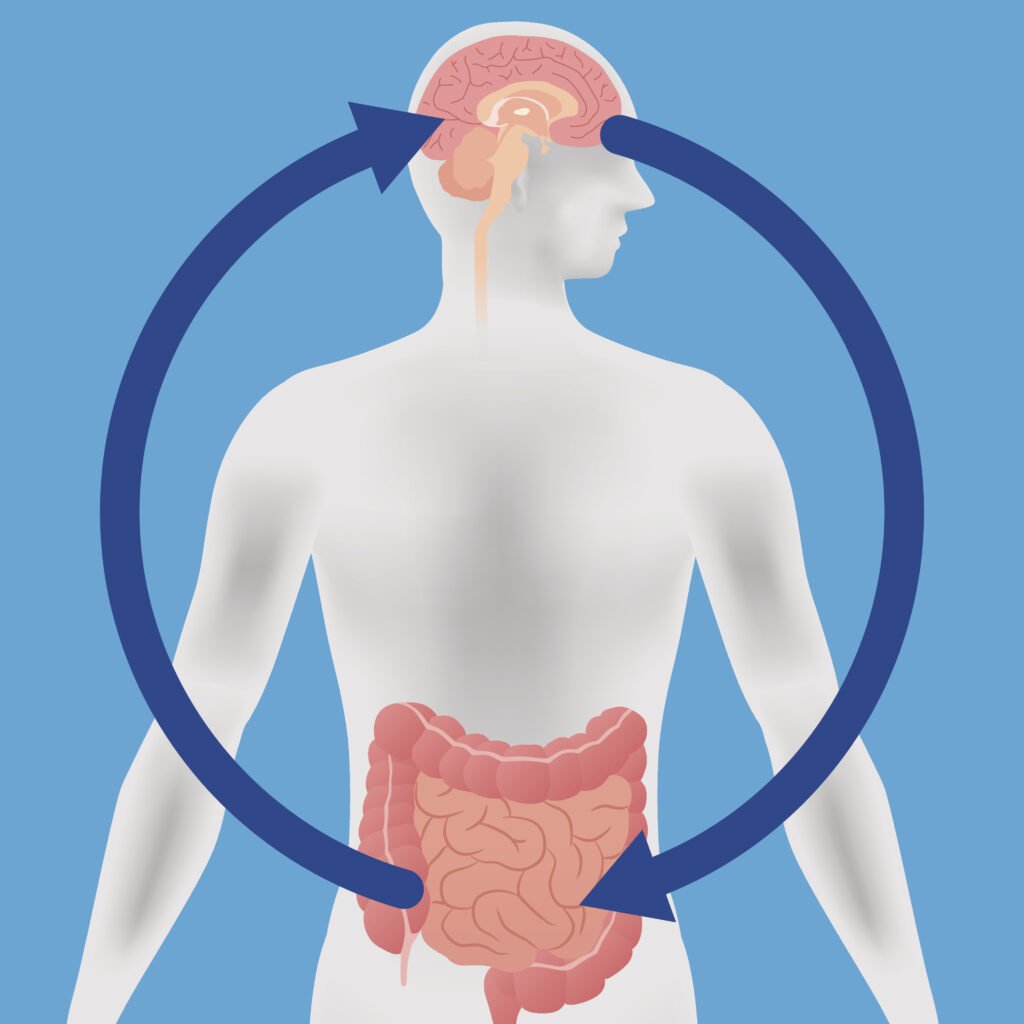
What’s the Gut-Brain Connection?
Exploring the Gut-Brain Connection: Your Path to Better Mental Wellness
Have you ever felt that nagging connection between what’s going on in your gut and your mood? It turns out there’s a solid reason for that! Researchers have uncovered a fascinating link between gut health and mental wellness, showing how our gut bacteria can influence issues like anxiety and depression. This newfound understanding has opened up exciting possibilities for improving our mental health. Let’s chat about the gut-brain connection, why it matters, and some simple steps you can take to enhance both your gut and mental health.
What’s the Gut-Brain Connection?
How They Talk to Each Other
Let’s kick things off with a little science. You might be surprised to learn about the gut-brain axis—a two-way communication highway connecting your gut and brain. Imagine this: when you feel anxious, you might get those familiar butterflies in your stomach. But here’s the kicker—your gut health can also have a big say in your mood and mental well-being. Keeping that gut microbiome balanced isn’t just about physical health; it’s essential for feeling mentally fit, too.
Actionable Tip: Start paying attention to how your emotions affect your digestion. Try keeping a journal where you note your feelings alongside any digestive experiences. You might discover some surprising connections!
How Gut Microbiota Affects Mental Health
When Things Go Off-Balance
You might have heard the term “dysbiosis.” It just means an imbalance in your gut bacteria, and this can raise your risk for anxiety and depression. Your microbiota can get tossed off-kilter by various factors like diet, stress, medications, or illness, leading to a feedback loop that worsens both your gut and mental health.
A study pointed out that many people with functional gastrointestinal conditions report increased pain influenced by stress. This really drives home the point that when it comes to gut health, addressing the mental aspects can be just as important as focusing on digestive symptoms.
Actionable Tip: Add some stress-reduction techniques to your routine, like mindfulness or breathing exercises. These practices can help ease both your mind and your gut.
The Power of Probiotics
How These Little Helpers Can Make a Difference
Probiotics are like friendly little champions for your gut. They’re live microorganisms that can help maintain a healthy balance down there. Emerging research suggests they might be effective in relieving symptoms related to anxiety and depression, possibly even rivaling traditional treatments. Probiotics can reduce inflammation and support the gut barrier, which is a big deal for your overall mental health.
Animal studies have shown that certain probiotics, like Bifidobacteria, can actually help reverse stress responses. This could mean that for those dealing with mental health challenges, probiotics might be worth considering as a complementary approach.
Actionable Tip: Think about adding fermented foods to your diet—things like yogurt, kefir, sauerkraut, or tempeh. They’re packed with beneficial bacteria that support a happy gut!
Building Your Microbiome from the Get-Go
How Your Early Life Makes a Difference
Believe it or not, your gut microbiome starts developing the moment you’re born! The way you enter the world, how you’re fed, and your diet all play a role. For example, breastfeeding helps cultivate beneficial gut bacteria, which not only promotes gut health but also boosts immune function and could support brain development.
Research suggests that creating a healthy microbiome early on can set the stage for better mental and physical health later in life.
Actionable Tip: If you’re a new parent or planning to start a family, remember that maternal health during pregnancy and lactation is crucial. Work with healthcare providers to prioritize gut health for both you and your baby as a positive start to life.
How to Enhance Your Gut Health for Your Mind
Simple Steps to Follow
1. Eat a Variety of Foods:
– Aim for a diet filled with whole, minimally processed foods. Loading up on fruits, veggies, whole grains, and healthy fats can help diversify your gut bacteria.
2. Stay Hydrated:
– Drinking enough water is vital for digestion and helps your gut flora thrive.
3. Cut Back on Sugar and Processed Foods:
– A diet high in sugar and low in fiber can harm your gut bacteria. Reducing these can support a healthier microbiome.
4. Manage Stress:
– Try incorporating relaxation practices like yoga, meditation, or breathing exercises into your daily life to keep stress levels in check.
5. Think About Probiotics:
– Consider a quality probiotic supplement or eat fermented foods regularly. A chat with your healthcare provider can help you find what’s best for you.
6. Keep Track of Your Health:
– Monitor how you’re feeling mentally and physically. Keeping a log can help you identify patterns and make necessary adjustments.
Wrapping It Up
Understanding the link between gut health and mental wellness isn’t just interesting; it can truly make a difference in your life. By nurturing your gut microbiota, you can take meaningful steps toward managing anxiety and depression. Focusing on your diet, stress management, and lifestyle choices can lead to a healthier gut and, in turn, a happier you.
So, are you ready to take charge of your gut health? Give these tips a try and let’s chat about your experiences or any questions you might have in the comments! A healthy gut can indeed pave the way for a more joyful, balanced life.
Keywords:
– Primary: Gut health and mental wellness
– Secondary: Gut-brain connection, probiotics for mental health, microbiota and mental health, anxiety and depression treatment.
Hashtags: #health #mental #brain #like #might #stress #probiotics #bacteria #about #diet #help #life #connection #anxiety #depression
